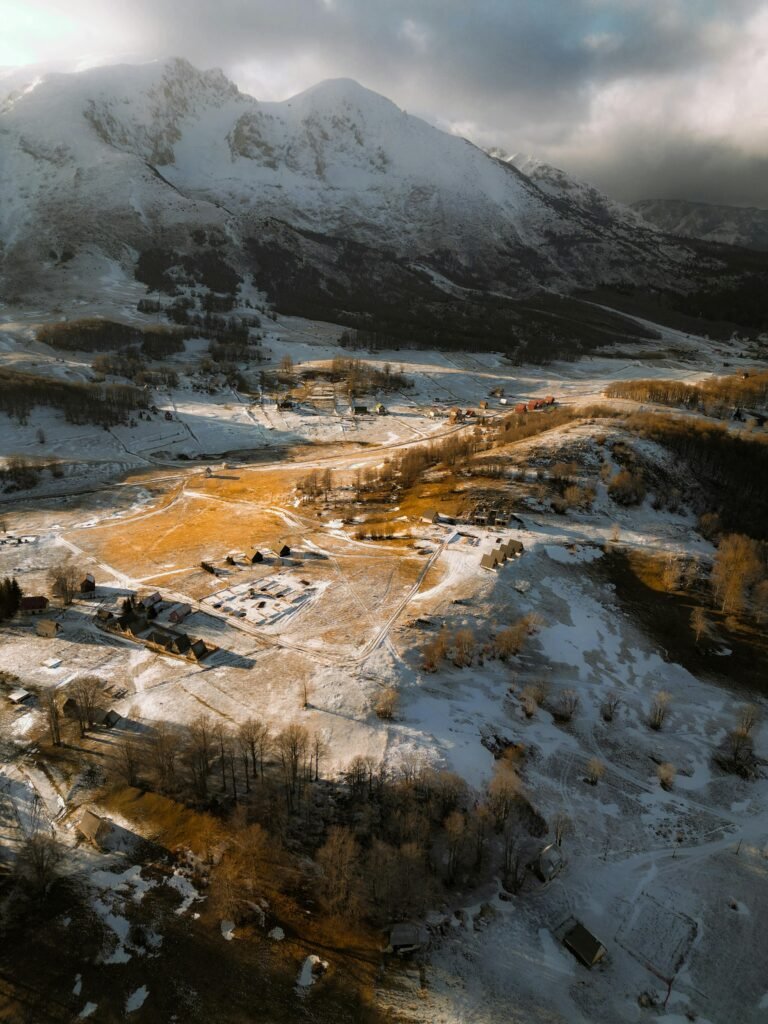
Have you ever wondered if cold plunges really offer any benefits? You might have heard about the trend among athletes, wellness enthusiasts, and celebrities who swear by them. Cold plunges, or cold water immersion, have been around for centuries, used in various cultures for their purported health benefits. But what’s the science behind this chilly practice? Let’s get into it!

What Is a Cold Plunge?
Cold plunges are essentially short immersions in cold water, typically done in temperatures below 60°F (15°C). Whether it’s an ice bath, a chilly swim, or a specially designed tub, this practice has gained momentum as a way to invigorate the body and rejuvenate the mind.
The Science Behind Cold Exposure
Cold exposure triggers multiple physiological responses in your body. When you immerse yourself in cold water, your body goes into survival mode. This leads to various changes, including improved circulation and enhanced metabolic function. By exposing your body to cold, you initiate processes that some studies suggest can be advantageous for your overall health.
Health Benefits of Cold Plunges
The potential benefits of cold plunges are varied and often range from improved physical performance to enhanced mental health. Below are some of the key advantages you might find by incorporating cold plunges into your routine.
Improved Recovery Time for Athletes
One of the most widely recognized benefits of cold plunges is their ability to speed up muscle recovery after intense workouts. Cold water immersion can help reduce inflammation and muscle soreness, enabling athletes to get back to their training routines more quickly.
Mechanism of Action
When you immerse yourself in cold water, your blood vessels constrict, decreasing blood flow to your muscles. Once you exit the cold, your vessels dilate again, which may aid in flushing out waste products like lactic acid from your muscles.
Enhanced Mood and Mental Clarity
You might be surprised to know that cold plunges can also have a positive impact on your mental health. The immediate shock of cold water can create a release of endorphins, which are natural mood lifters. Over time, regular cold exposure may also help in reducing anxiety symptoms.
Possible Connections to Mental Health
Some research suggests that exposure to cold can increase levels of norepinephrine, a neurotransmitter that plays a key role in mood regulation. This could potentially lead to improved mental clarity and emotional resilience.
Boosted Immune Function
Studies have indicated that regular cold exposure can invigorate your immune system. When subjected to cold, your body may produce more white blood cells, improving your overall immune response.
Here’s How It Works
The theory is that the sudden shock of cold water leads to a mild stress response in your body, prompting an increase in the production of immune cells to help combat potential pathogens.
Increased Metabolism and Fat Loss
If you’re looking to shed a few pounds, cold plunges may give your metabolism a noticeable boost. When exposed to cold temperatures, your body has to work harder to maintain its core temperature, which can lead to increased calorie burn.
How Cold Exposure Affects Metabolism
Cold exposure activates brown adipose tissue (BAT) in your body. Unlike white fat, which stores energy, brown fat burns calories to generate heat. This process may help with weight management over time.
Enhanced Circulation
You might not have thought about this, but regular cold plunges can have a positive effect on your circulation. The alternating constriction and dilation of your blood vessels can lead to better overall blood flow.
Benefits of Better Circulation
Improved circulation can contribute to increased energy levels and better overall organ function. This can also lead to healthier skin, as better blood flow delivers oxygen and nutrients more effectively.
Stress Relief and Resilience
Cold plunges can be a powerful tool for enhancing your body’s resilience to stress. By voluntarily exposing yourself to cold, you may train your body and mind to cope with discomfort.
Building Mental Resilience
Regularly facing the challenge of cold water immersions can help develop mental toughness. This is similar to how physical training enhances muscular strength; facing cold can empower you to handle stressors in other aspects of your life.

Tips for Taking Cold Plunges
If you’re considering trying cold plunges, it’s essential to approach them safely. Here are some tips to ensure you get the most out of your experience.
Start Slowly
If you’re new to cold plunges, start with shorter periods in cold water, perhaps just a minute or two. Gradually increase the duration as your body becomes accustomed to the temperature.
Listen to Your Body
Pay attention to how your body responds. If you feel overly uncomfortable or start to shiver intensely, it’s time to get out. Cold plunges should invigorate you, not leave you feeling miserable.
Use Breathwork
Breathing techniques can help you manage the shock of cold water and make the experience more enjoyable. Try deep, steady breaths to keep calm while your body adjusts.
Stay Hydrated
Make sure to hydrate before and after your cold plunge. Hydration is important for your overall wellness and helps your body manage temperature changes.
Consult a Professional
If you have any underlying health conditions, consult with a healthcare provider before incorporating cold plunges into your routine. This ensures that the practice is safe for you.

The Risks of Cold Plunges
While cold plunges offer numerous benefits, you also need to be aware of their potential risks. Understanding these will help you make an informed decision about whether this practice is right for you.
Hypothermia
Prolonged exposure to cold water can lead to hypothermia, a dangerously low body temperature. It’s vital to keep your plunges short and monitor your body’s reaction to the cold.
Skin Irritation
People with sensitive skin might experience irritation or redness after cold water exposure. If you find that your skin reacts negatively, consider limiting the duration of your immersions.
Cardiovascular Stress
Cold exposure can place additional stress on your cardiovascular system. Those with preexisting heart conditions should consult a doctor before trying cold plunges, as the sudden change in blood flow could be risky.
Potential for Shivering
While shivering is a normal response to cold exposure, excessive shivering can lead to muscle fatigue. If you find yourself shivering uncontrollably, it’s a sign to exit the cold water.

Alternatives to Cold Plunges
If cold plunges aren’t your thing, there are other ways to gain similar benefits. Here are some alternatives worth considering.
Contrast Therapy
Contrast therapy involves alternating between hot and cold temperatures. This method can also boost circulation and can be less intense than a full cold plunge.
Cold Showers
Taking a cold shower is an easier and more accessible way to experience the benefits of cold exposure. You can start with lukewarm water and gradually decrease the temperature.
Cryotherapy
Cryotherapy is a more advanced method that utilizes nitrogen and other techniques to expose your body to freezing temperatures for a few minutes. This can help with inflammation and recovery, similar to traditional cold plunges.
Ice Packs
For localized relief, consider using ice packs on sore muscles. This may not have the full-body benefits of a cold plunge but can still help with inflammation and muscle soreness.
Natural Bodies of Water
In the summertime, you might find a cool lake or a river to immerse yourself in instead of a cold plunge. Just ensure the water is clean and safe for swimming.

Conclusion
So, are cold plunges beneficial? The evidence suggests they can offer a range of advantages, from enhancing recovery for athletes to potentially improving mental well-being. However, it’s essential to approach the practice mindfully and listen to your body’s responses. Given their risks and the various options available for cold exposure, you can find a method that suits you best.
Incorporating cold plunges into your routine might just revolutionize the way you feel and perform. If you decide to get started, remember to be patient and consistent. Your body will thank you!